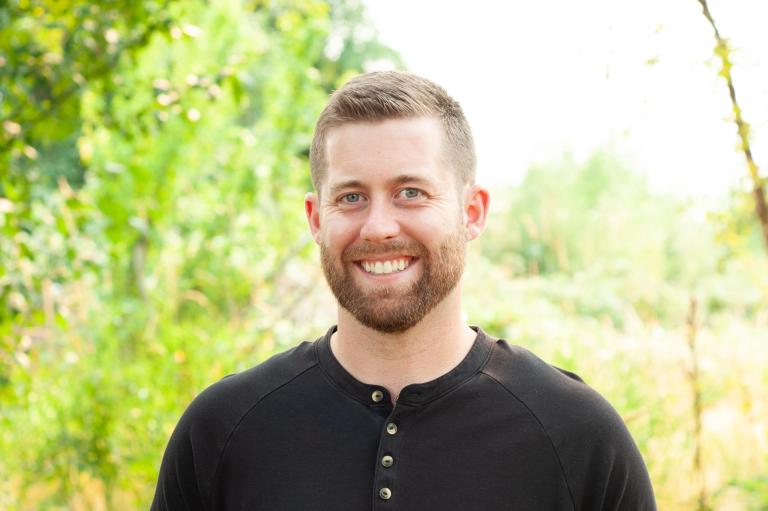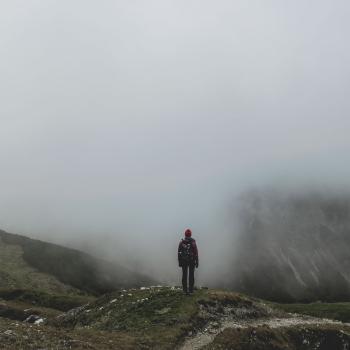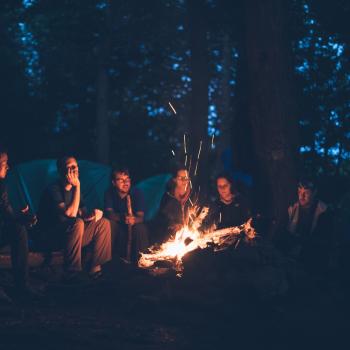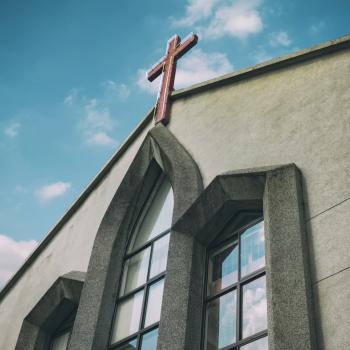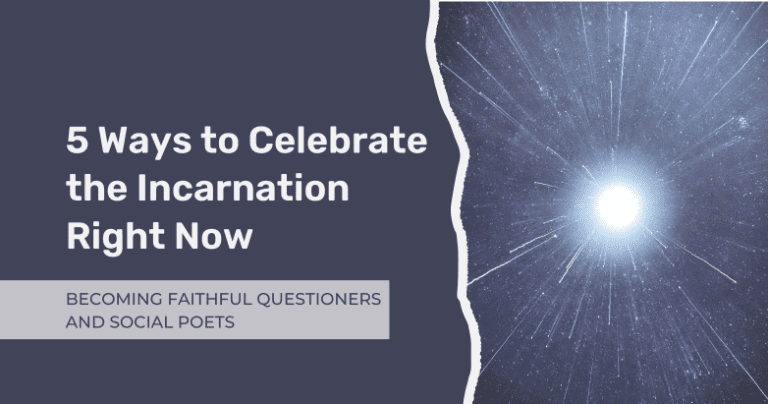
At the end of my last post, I shared two commitments I’m making to carry the energy of Christmas – honoring and affirming the divinity within all things – into the new year. I realized after I finished writing, I had a couple more ideas I wanted to share (even though I’m not yet ready to fully commit to them!)
Here are five more ways you can practice an embodied spirituality that celebrates the incarnation and the divine within every thing right now!
- Take some time to celebrate and honor YOU.
Recognizing the divinity within ourselves can sometimes be the hardest thing to do, but it’s also one of the most important. If we’re going to authentically manifest loving, honoring, and affirming energy in the world, it needs to start with how we respect and honor ourselves. Here are some ideas for self-honoring that I really connect with:
-
- Setting boundaries with friends, family, and work around time and expectations
- Scheduling “rest days” with nothing on the calendar
- Going to a favorite bar, restaurant, or café by yourself
- Engaging a self-love practice, like the Right Sizing Practice, or another contemplative practice like Centering Prayer
- Interrogate your narratives.
I’m not sure this one is any easier than the last one, but another great way to celebrate the divinity within yourself is to work on uncovering it.
According to Thomas Merton, we each have a True Self, a space within us where the Divine authentically resides. When we are in touch with that inner space, we know what is ours to do and we can carry ourselves with a genuine (and unforced) confidence.
That said, we live in a culture that loves to cover this part of ourselves up. Many of us are taught to prove our worth by building successful careers, construct personalities free from doubt and contradiction, and wear badges of honor ranging from professional titles to the cars we buy. And along with these layers, our society covers our True Self up even further through systems of oppression such as racism, sexism, and heteronormativity.
Underneath all of these personal and collective layers of illusion, it becomes easy for our True Selves to disappear from our awareness.
For white folks, in particular, I believe celebrating the Divine must include the hard work of understanding how the illusions of racism and racialization separate us from others within our society while also fragmenting us from our awareness of our True Selves.
Here are two resources I particularly recommend for interrogating your narratives around race and spirituality:
-
- Resmaa Menakem: My Grandmother’s Hands
- Christena Cleveland: Decolonized Spirituality
- Show others gratitude.
This can take so many forms! To get started, make a list of five people in your community you’re thankful for and then take ten minutes to send them each a text letting them know! Don’t worry about it seeming weird – receiving unexpected gratitude is something we can build capacity for as a community.
Another idea is for you to facilitate a handwritten letter campaign for a small group of people within our caring industry (nurses, teachers, doctors, firefighters, etc.) Gather a list of names of people who work at a specific location and then send their names to your friends who are willing to write little cards of gratitude. Before delivering, throw a coffee card in there and I’m sure they’ll love it! (I do this every year through my Thank a Teacher campaign – it’s fun to write the letters and I always get great feedback!)
- Get out into nature.
For those of us who would rather spend our time in nature than in churches, this one is an obvious way to celebrate the incarnation of the Divine. It’s hard to walk through the beauty of nature without recognizing the inherent dignity within all things. The Franciscans refer to nature as “the first Bible” because it is the place of God’s first revelation: showing us what the Divine is all about!
Take an hour or so (or more!) and get out into it! If you need guidance, here’s a walking meditation that can help you, or else just start walking and looking around. Don’t forget to pause every once in a while just to look around.
- Donate time or money to an organization helping our neighbors experiencing homelessness and housing insecurity.
According to Maslow’s Hierarchy of Needs, it’s pretty close to impossible for humans to reach their full potential when basic necessities like food and housing aren’t accessible.
For those of us with housing and economic stability, it is therefore an act of humanization, of community care, and of repair when we support our neighbors materially and financially. (And if the Divine is in every person, any act of humanization is spiritual.)
I once heard a quote, attributed to Vincent de Paul, that I return to often, especially during the holiday seasons:
“When I give food to the hungry I get on my knees and I ask for forgiveness for what I’m doing isn’t noble, it’s just returning what was stolen.”
These words serve as a reminder that so much of society’s affluence (and much of our own) comes on the backs of underpaid workers and those who have been rejected by a culture of production. It is an invitation to give back, not in a performative way or for a new badge of honor, but because our personal liberation is weaved together with the collective liberation of all: our spiritual enlightenment is intimately tied to and dependent upon the awakening of all people.
In my local area (Seattle-Tacoma), there are two organizations, in particular, that do amazing work to honor our neighbors living with housing insecurity: Real Change and Facing Homelessness. Wherever you are, I recommend finding one or two local organizations you can donate time or money to this holiday season (or better yet: set up a recurring donation and a time to volunteer this coming month!)
If you have other ideas for how you can celebrate the incarnation, feel free to comment below or shoot me an email; I’d love to hear them!

